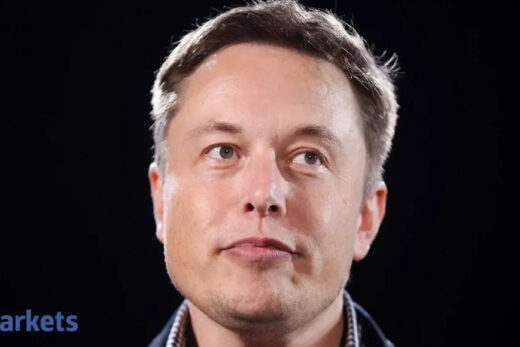The fund run by Edelweiss Management Ltd. has returned 46 per cent this year, according to the firm, beating gains of 24 per cent for the NSE Nifty 50 Index and 22 per cent by the S&P BSE Sensex Index, which still lead the Asia region among country benchmarks.
Indian companies have raised $9.9 billion in 60 IPOs so far, on pace for an all-time annual high. Many of the sales have been by tech firms that were highly oversubscribed and soared after listing, despite the companies having yet to show a profit.
“It is very normal in a bull year to have many IPOs,” said Radhika Gupta, Edelweiss Mutual Fund’s chief executive officer, noting a similar trend in 2017. “We always believe IPO investing is more about being choosy by identifying selective good companies early and assessing their ability to deliver earnings.”
 Bloomberg
BloombergThe Edelweiss Recently Listed IPO Fund didn’t participate in most of this year’s new offers as many didn’t meet the criteria for valuations and business models, Gupta said in an interview on Sept. 1. The fund targets “new economy” companies including insurers, asset managers and consumer-goods makers — in addition to financial-technology firms.
“Our stance is to have a portfolio of 30 to 40 companies, which represent the new economy and we don’t do every IPO,” Gupta said. Her firm reported $9.6 billion in assets under management as of August, an increase of 74 per cent over the past year.
Online food-delivery firm Zomato Ltd., this year’s largest Indian offering, and electric-vehicle-components maker Sona BLW Precision Forgings Ltd. are among the 12 debutants in which the fund has invested in 2021. Medical-equipment maker Nureca Ltd. and specialty chemicals maker Laxmi Organic Industries Ltd., which rank among 2021’s best performers, are new listings that the fund didn’t invest in, according to its portfolio as of July.
While declining to comment on specific companies, Gupta cited management policies, industry preferences and valuations as key reasons for opting out of new issues. She noted that the unit sometimes declined to buy into IPOs but then invested later.



